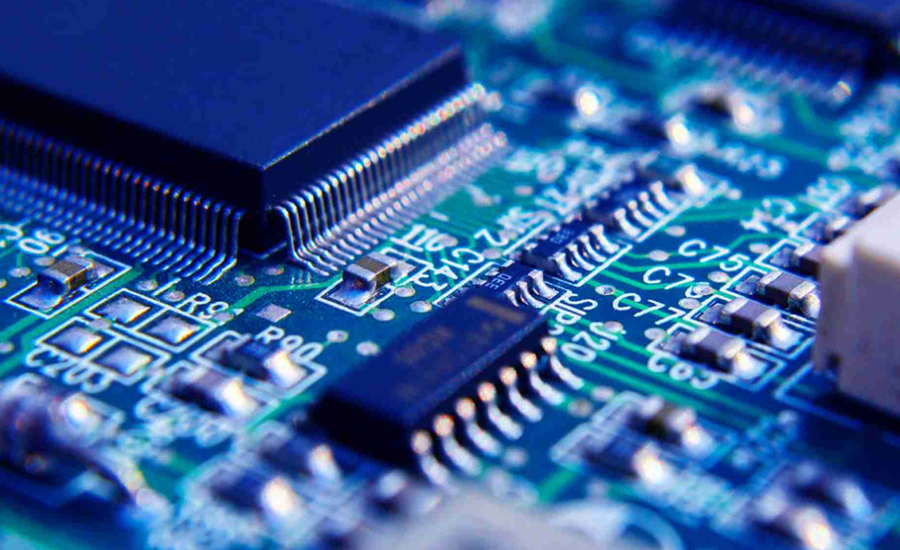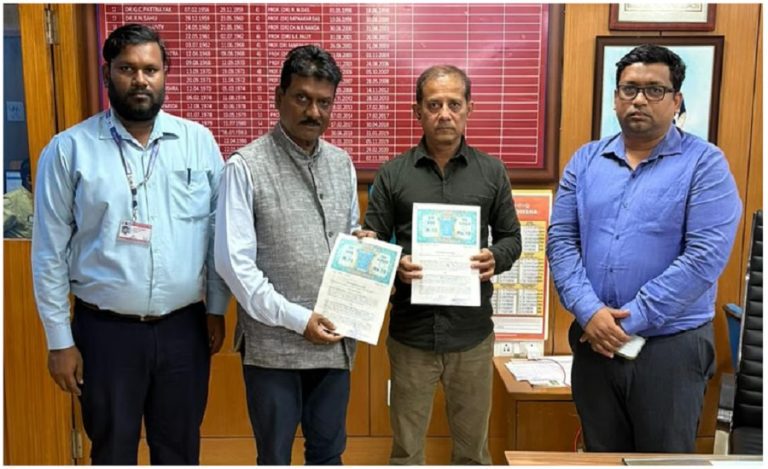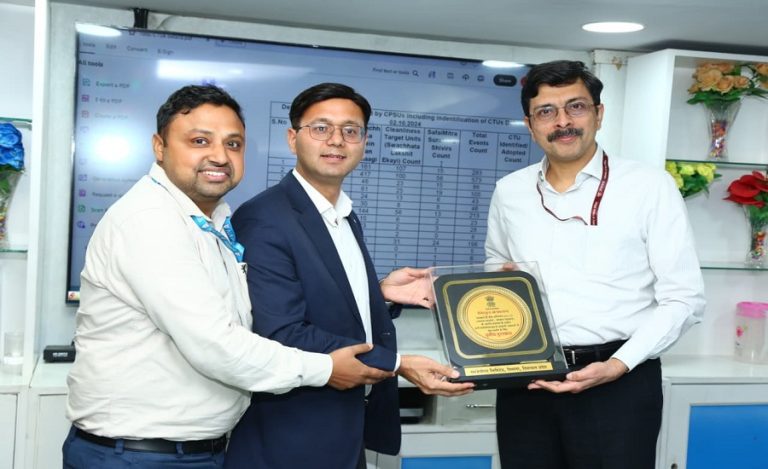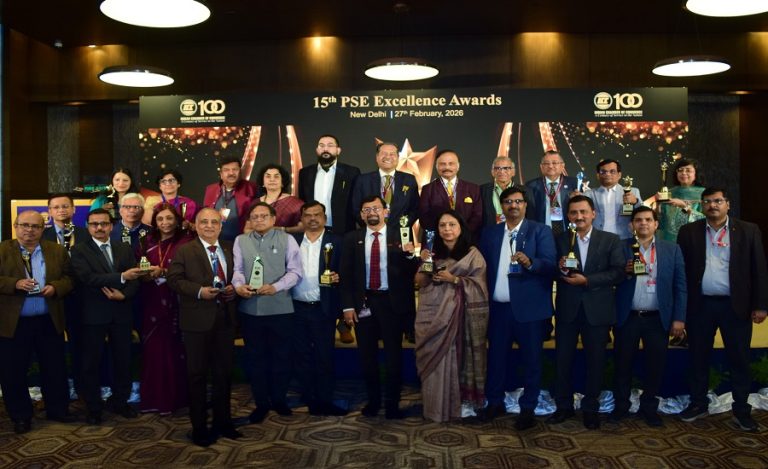New Delhi: In a milestone for India’s technology ambitions, the country has officially launched the ARKA GKT-1 — the nation’s first generation intelligent-power platform-on-a-chip, built to power edge-AI and smart-energy applications. The unveiling signals a major push towards indigenous semiconductor design, reduced dependence on imports, and stronger global competitiveness in electronics.
Background of ARKA GKT-1
India’s electronics and semiconductor ecosystem has long been striving for self-reliance under initiatives like the India Semiconductor Mission and an expanded manufacturing and design-value chain.
This launch comes amid the government approving further manufacturing units under the Electronics Components Manufacturing Scheme (ECMS), signalling serious intent in this sector. The ARKA GKT-1 is positioned as a foundational platform that integrates compute, sensing and power-management into a single chip — a first in India’s semiconductor narrative.
What is ARKA GKT-1
The ARKA GKT-1 is jointly developed by Azimuth AI (specialising in embedded silicon and deep-learning acceleration) and Cyient Semiconductors (focused on custom ASIC, mixed-signal and intelligent-power design).
The unveiling ceremony on 17 November in New Delhi was officiated by Ashwini Vaishnaw, Union Minister for Electronics & Information Technology.
In his remarks, Minister Vaishnaw emphasised that ARKA GKT-1 is “not merely a product but a platform” that elevates India’s standing in global value chains.
Key Importance & Implications
Technological leap: The ARKA GKT-1 integrates multi-core custom compute units, advanced analog sensing modules, memory and intelligent power-management on-chip — a heterogeneous architecture aimed at real-time analog + digital signal processing for edge AI and IoT.
Energy efficiency: Tailored for energy-constrained environments like smart grids, autonomous edge devices and industrial automation, the chip’s intelligent power optimisation framework is a strong fit for India’s push into renewable energy and smart infrastructure.
Strategic autonomy: With global semiconductor supply-chains under stress, indigenous design and manufacturing reduce India’s reliance on imports and boost resilience in critical electronics.
Economic & manufacturing impact: The chip reinforces the “Make in India” narrative and opens doors for new IP ecosystems, export-ready platforms and design-services growth. The ECMS approvals across nine states and investment of ₹7,172 crore highlight the macro-economic momentum.
Market applications: The ARKA GKT-1 is explicitly targeted at high-growth domains: smart utilities/meters, battery-management systems, smart cities, industrial IoT, edge computing devices.
Key Challenges Ahead
- Designing the chip is one step — scaling fabrication, sourcing high-quality silicon, packaging and OSAT (outsourced semiconductor assembly & test) remain complex. Cyient notes that this is a “custom ASIC turnkey” model from design through fab to delivery.
- The edge-AI/IoT semiconductor market is contested by global players with decades of experience and deep supply-chains; India must ensure cost-competitiveness and quality benchmarks.
- Having the platform is one thing; achieving wide adoption in domestic and export markets, and integrating into large systems, is another. There will be latency to move from prototype to volume.
- Chips are only as good as their software support (drivers, tool-chains), firmware, system-integration; India needs the comparable ecosystem to succeed globally.
- While design is local, many upstream and downstream elements (e.g., advanced node wafers, specialised packaging) may still be imported, so full self-reliance remains a longer path.
Way Forward
Partner-driven development: Azimuth AI and Cyient plan to make the platform available to partners in 2026 for custom SoC variants and IP licensing, thereby building a broader ecosystem.
Government support & incentives: Continued agile policy support, fast-track approvals under ECMS and other schemes will be key. Balanced regional growth (units across multiple states) helps spread capability.
Ecosystem building: India must ramp up design-services, packaging/test facilities, software tool-flow, talent and IP stack to fully exploit this platform.
Focus on target market deployments: Real-world deployments in smart grids, meters, battery-systems, industrial automation will validate the platform and create momentum.
Export readiness & global partnerships: To truly scale, India must market the ARKA GKT-1 (and derivatives) internationally — positioning it not just for “made in India for India”, but “designed in India for the world.”
Read Also: DRDO Unveils Curtain Raiser for ESTIC-2025 in Hyderabad, Pushing India Semiconductor Mission




























